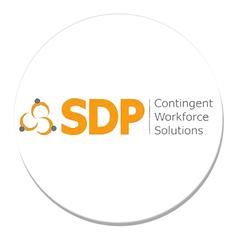Recruitment & co Recruitment & co
The Association of Professional Staffing Companies


Emerge 2025 lit up Sydney’s Parliament House on July 22relive the panels, networking, and standout moments inside
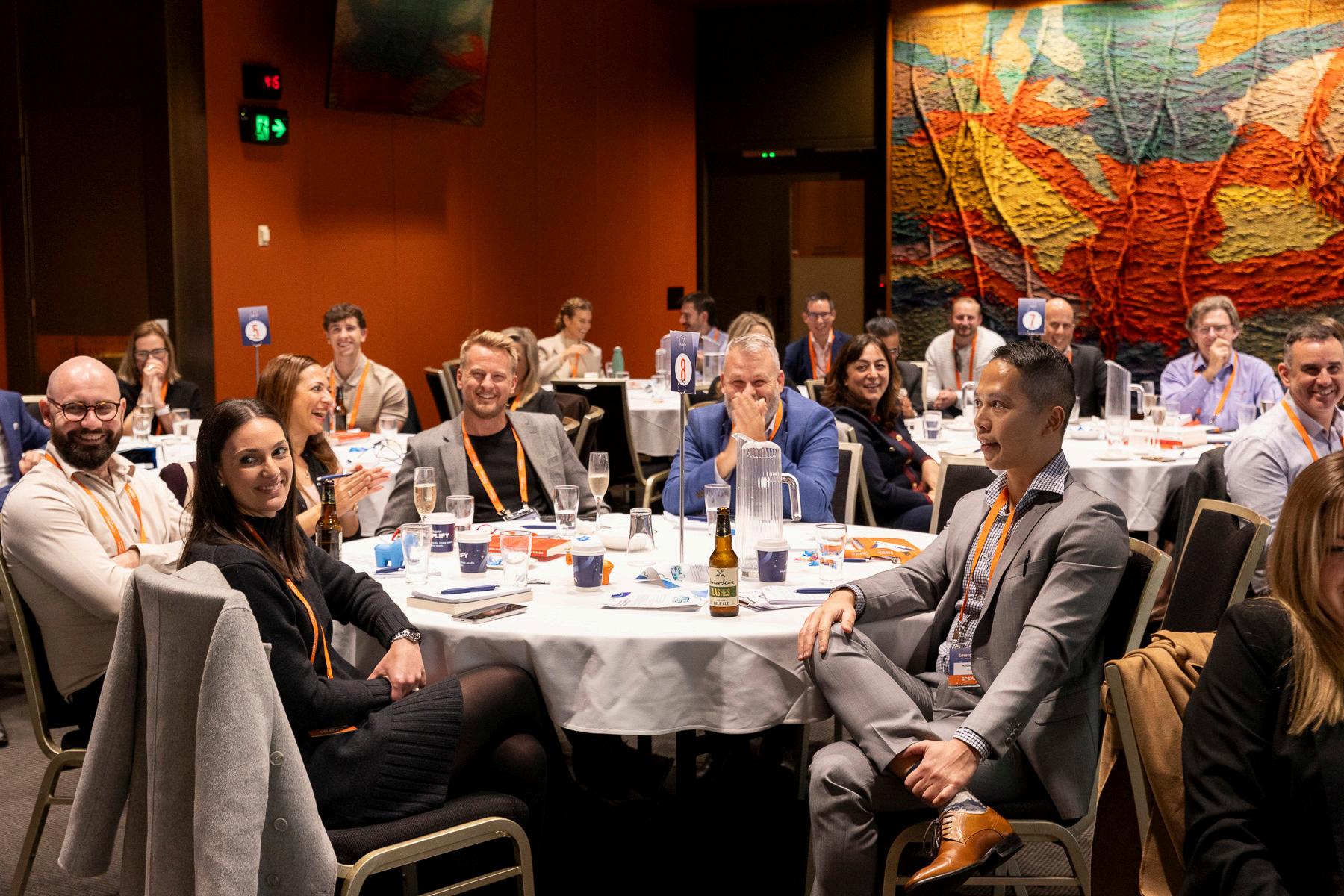




Emerge 2025 lit up Sydney’s Parliament House on July 22relive the panels, networking, and standout moments inside



1 OCT WEBINAR
APSCo Australia invites you to join us for an insightful webinar presented by Christopher Evans; recruitment strategist and author of the Whitepaper: Platform Pressure. We’ll cut through the hype to explain why humans remain central to recruitment, while exploring how AI is reshaping the skills, expectations, and capabilities agencies need to stay competitive.
The APSCo Australia Gala Dinner is back in Sydney this year! It will be held at the Doltone House in Sydney on Thursday October 16. More information regarding entertainment and ticket pricing will be announced soon
APSCo Australia invites you to our Victoria End of Year Networking Drinks –an opportunity to reflect on 2025, strengthen connections, and celebrate the year with peers across the industry.




Editorial submissions: jessica@apscoau.org
Advertising enquiries: jessica@apscoau.org
Membership enquiries: kevin@apscoau.org

It’s hard to believe we are approaching the final quarter of yet another year, with a hugely successful conference complete, we now turn our attention to the night of all nights – our gala dinner for the APSCo Awards for Excellence.
Lesley Horsburgh Managing Director
APSCo Australia
We’ve made some significant changes to our Awards program this year, with an expanded line up of independent judges and an entry process that removes the time intensive submissions in place of a brief entry followed by an interview with a panel of our judges
We are pleased to say the feedback from both our judges and entrants has been extremely positive and we hope this ensures the Awards feel more equitable for everyone.
Nearing the end of the year always triggers reflection and planning for the new year ahead but this year feels different. While pockets of the market are seeing strengthening demand, the recovery is slow and certainly not steady.
Our world is changing and ai is of course at the heart of every conversation among our members. Leveraging technology, keeping the reigns on cost and ensuring human experience is the centre of everything is the balance many recruitment firms are striving to strike.
And while this ‘limbo land’ we find ourselves in is in no uncertain terms uncomfortable – I am certain that as next year unfolds so too will new opportunity for those ready to embrace change
LESLEY HORSBURGH
APSCo Australia Managing Director
E: lesley@apscoau.org
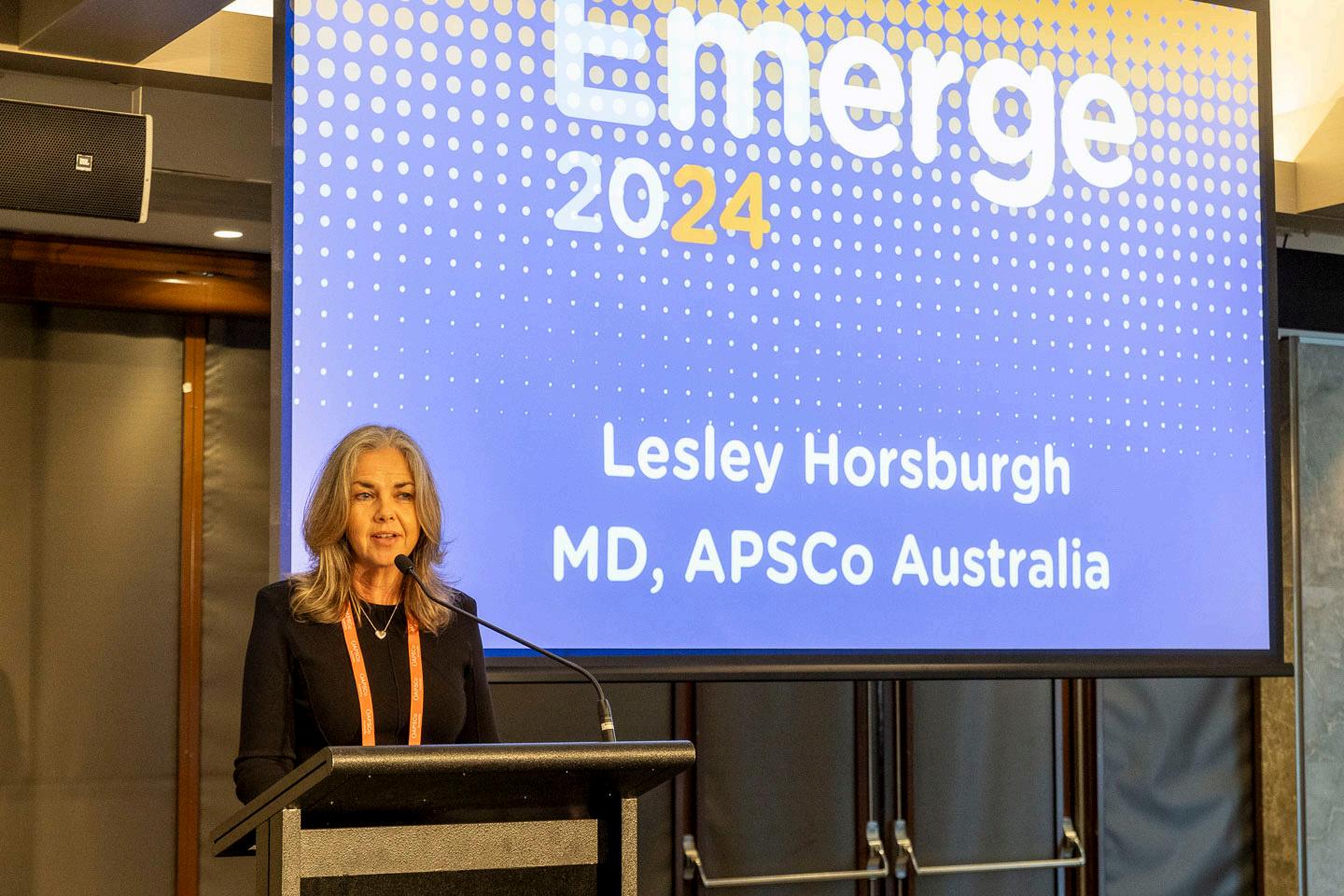
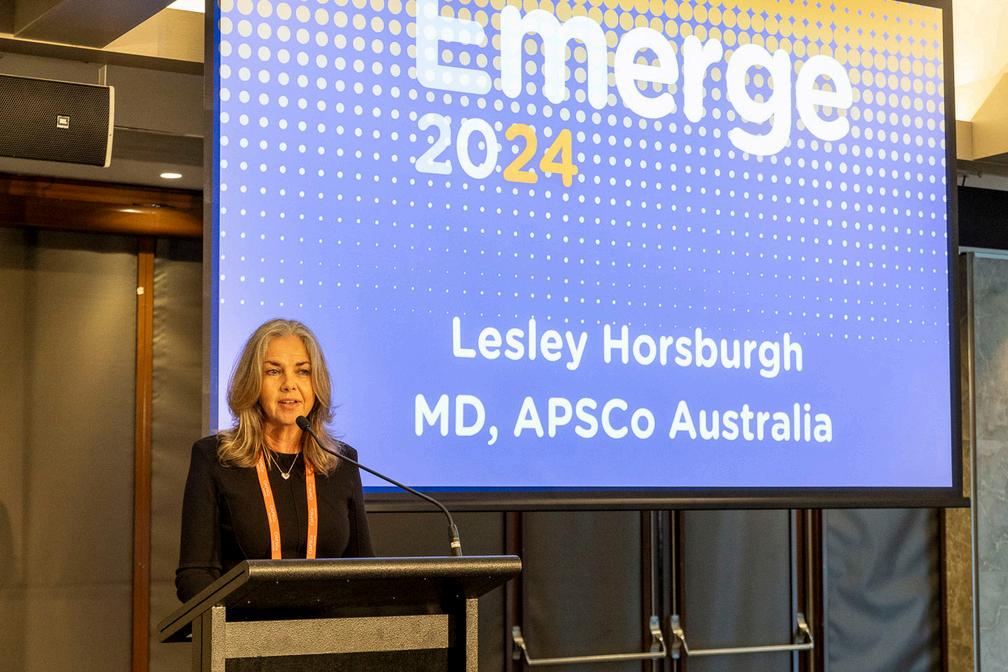
In today’s volatile economic and regulatory climate, the role of General Counsel in a global professional staffing organisation has never been more multifaceted or more critical As legal leaders, we are not only responsible for managing legal risk, but also for steering our organisations through a maze of industrial relations reforms, privacy obligations, and health and safety regulations that are evolving at pace and increasing becoming more complex

Ellen Nelson Head of Legal, HSEQ
IR Compliance and Privacy ManpowerGroup Australia
APSCo Director
The economic backdrop in Australia is challenging. Despite a post-pandemic recovery, business conditions remain subdued, and the labour market is paradoxically tight This has created a perfect storm for the staffing industry: rising employment costs, skills shortages, and increasing scrutiny from regulators and clients alike
From a legal standpoint, the recent introduction of key reforms encompassed in the Closing Loopholes Acts, and the increasing focus on psychosocial hazard regulations have significantly reshaped the compliance landscape.
Each time a new reform is implemented there is a requirement not just for legal interpretation, but operational integration—requiring close collaboration between legal, HR, business and operational teams. The proposed national labour hire licensing scheme threatens to add another layer of complexity which is disappointing when the original discussion was focused on accomplishing a more streamlined approach.
As General Counsel, I also oversee HSEQ and privacy areas that are increasingly intersecting with legal risk. Psychosocial safety, for example, is no longer just a WHS issue; it’s a reputational and legal risk that must be proactively managed across all host sites
Similarly, privacy reforms, including new statutory torts for serious invasions, are elevating the importance of data governance and transparency in automated decision-making.
Internally, one of the key constraints is resourcing. Like many of my peers, I’m navigating a small team and tight budget while facing a surge in legal complexity.
Perhaps the most pressing challenge is demonstrating strategic value. Legal leaders must move beyond risk mitigation to become enablers of business resilience That means embedding legal foresight into commercial decision-making, building cross-functional partnerships, and advocating for ethical, compliant growth
In this environment, the role of General Counsel is not just about legal advice it’s about leadership And in labour hire and professional staffing, where the stakes are high and the workforce diverse, that leadership must be grounded in clarity, compliance, and care.
Recruitment and retention strategies have long been shaped by control: exclusivity clauses, no-poach agreements, and wage-fixing arrangements. Agencies that rely on these tactics aren’t building loyalty. They’re building fences. And fences don’t foster trust. They simply keep people in. Its commitment masked by containment.
Kay Eriksson COO, Whizom APSCo Director
The issue isn’t exclusivity itself. It’s the belief that exclusivity creates loyalty. It doesn’t. Loyalty is emotional. It’s earned through consistent behaviour, not enforced through contracts. Whizdom takes a different approach Accountability, not control, is the foundation of our long-term relationships Restrictive practices like non-competes, wage-fixing, and no-poach agreements are more common than many realise. ABS data shows one in five Australian businesses used non-competes in 2023, often applying them broadly. These clauses are limiting, hard to enforce, and damage trust.

In Government and Defence, the issue runs deeper APS employees and veterans face restrictions when returning through industry. In Defence contracting, where skills are specialised and demand is constant, non-competes delay placements and disrupt continuity. Originally meant to protect trade secrets, noncompete clauses now limit movement across sectors. The Productivity Commission found that removing them could raise wages by 2 4 percent and boost GDP by 0 19 percent
The Government’s review of non-compete clauses is overdue. These clauses restrict workers from moving to competitors or starting businesses, often for months or years. If the reforms lead to greater mobility and fairer contracts, it’s a step forward.
When leaders feel uncertain, they often reach for control. Policies tighten; movement is restricted and enforced exclusivity is the natural progression. It feels safer. But safety built on restriction is fragile. A better offer might come along. One with more freedom, more respect, or more purpose. When it does, people will leave Not because they’re disloyal, but because their loyalty was assumed and never earned
The labour hire model may be built on transactions. Contractors are hired for a skill, paid for a service, and expected to comply That’s the standard We think it can be better Whizdom delivers consistent service and trusts that people will choose to stay Contractors benefit from Same Day Pay, career coaching, and support that continues beyond placement. Many stay because they feel supported by a team that cares about their development, not just their current role. Internally, teams collaborate, share knowledge, and support each other. This shared purpose drives long-term commitment
Exclusivity may offer short-term security. Accountability builds trust. That’s the model we choose.
Winning new business is one of the hottest topics in recruitment right now. In today’s competitive market, persuading a decision maker to move away from their current supplier, when those relationships are fiercely protected, can feel like an uphill battle.

Russell Webb Director, Claverdon Consulting APSCo Director
There are many recognised keys to success: targeting the right clients, developing deep sector knowledge, understanding client challenges, and being personable while solution driven But beyond these fundamentals, two often-overlooked factors can tip the scales between success and failure: timing and terms
Timing can be everything. Recruiters who keep their finger on the pulse through constant conversations, following industry news, and maintaining consistent business development activity, are better placed to spot shifts before they happen. Sometimes, simply being visible and engaged increases the chance of being in the right place at the right time.
Yet even when timing aligns, negotiations around terms can make or break a deal. Clients may champion values-based partnerships, but financial realities remain front of mind. This is where the recruiter’s ability to balance expectations becomes critical.
In practice, three levers typically drive these conversations:
Fee percentage – does the service feel like value for money?
Guarantee period – is the client protected if the hire doesn’t work out?
Payment terms – does the client want to delay fees until the placement proves successful?
The key is not to treat these in isolation Instead, combine all three into a single negotiation By identifying what matters most to the client and aligning it with what the recruiter needs for sustainability, both parties can reach a mutually beneficial arrangement
Ultimately, the goal is shared: securing the best candidate for the role. Recruiters who understand timing, negotiate terms effectively, and position themselves as trusted partners are far more likely to win new business even in today’s challenging market.

Everyone in recruitment and HR talks about skills-first hiring. Job ads say it. HR panels debate it. LinkedIn celebrates it. But when job seekers were asked about their realworld experiences, the gap between intent and reality was impossible to ignore. WorkPro writes.
Only 40% of candidates believe employers genuinely evaluate their skills Ahead of qualifications
WorkPro surveyed more than 2,400 job seekers across Australia for our whitepaper Skills-First in Theory, Filters-First in Practice The findings reveal a disconnect between what candidates can do and what hiring systems actually recognise:
Nearly 60% had succeeded in roles they weren’t technically qualified for, proving potential often outperforms credentials 88% believe verified skills and experience should come first when employers review applications.
Yet only 40% feel that skills are consistently valued over qualifications
So, if the skills exist, why aren’t we seeing them?
The Recruiter’s Dilemma
Recruiters want to hire for potential, but most are working within systems built for speed Applicant tracking systems filter for keywords, job titles, and familiar credentials. Hiring managers, under pressure to fill roles quickly, often favour “safe” candidates
While many job seekers assume their skills are obvious from job histories, recruiters rarely stop to interpret them Those newer to Australia are particularly disadvantaged: fewer than one in three with less than 12 months’ local experience feel their skills are valued over qualifications
To make capability visible, employers need to:
Ask structured, skills-based questions early
Distinguish between “musthave” and “learnable” requirements
Use role-relevant assessments to validate ability
Adopt tools that surface transferable skills, not just filter CVs
The talent is here. The question is: are we ready to see it?
Skills-first hiring already happens informally when recruiters “take a chance” The challenge is making it systematic, consistent, and lower risk
At WorkPro, we’ve supported over 5 million job seekers and thousands of employers to build clearer, faster, fairer hiring processes
Our Job-Ready Profile brings together background checks, credentials, eLearning, work history, and skills into one verifiable snapshot It makes skills visible early, helping employers uncover talent that traditional filters overlook
Overlooking adaptable people could be unsustainable for business in a tight labour market The best hire may not be the one with the perfect CV, but the one ready to learn, adapt, and grow with your team
Download the whitepaper for more insights, and contact WorkPro today to take the first step toward smarter, more inclusive hiring



Celebrating the winners of the 2025 Awards for Excellence
Featuring MC Nathan Valvo
THURSDAY 16TH OCTOBER
DOLTONE HOUSE, DARLING ISLAND SYDNEY







A celebration of the outstanding people, programs, and performance across Australia’s professional recruitment community.
The Finalists are in!
APSCo Australia is proud to announce the finalists for the 2025 Awards for Excellence.
This year’s finalists represent the very best of our community, demonstrating outstanding achievements and a commitment to raising standards across the sector.
Winners will be announced at our Gala Dinner on Thursday October 16 at Doltone House, Darling Island in Sydney.

Thank you to our Sponsors






Allegis Group Medipeople Talent International Whizdom




Calleo




Calleo Resourcing Whizdom

HorizonOne Morson/ACR World
Six Degrees Executive


Harrier ManpowerGroup
Solve by Talent

Z Staffing


Leaders IT
The Network

Guidant Global ManpowerGroup





























The Age Inclusive Recruiter program in partnership with AgeInc is a practical initiative that helps recruiters and hiring managers attract, assess, and advocate for talent at every stage of life.
This program is about ensuring every candidate, regardless of age, has the opportunity to contribute, grow, and thrive; and to ensure consultants, and the clients they recruit for, are actively contributing to a more equitable workforce. This program is designed to create a competitive advantage for APSCo members, as hiring inclusively isn’t just the right thing to do, it’s smart business.
Become an Endorsed Age Inclusive Recruiter today.









The Complete Recruiter has been specifically curated alongside 2 of the market’s well-known coaching and training faces: Sophie Robertson and Russell Webb.
APSCo members enjoy team-wide access—no need to spend thousands per recruiter.
1.How to be successful in the recruitment industry
2 Building your market through candidates
3.Introduction to business development
4.Relationship building with clients
5.Taking an effective job brief
6.Managing the temp process
7.Managing the perm process
8.Keeping the business on your terms

Over 250+ recruiters already registered!


In today’s competitive talent landscape, recruitment agencies are under pressure to deliver not just candidates, but long-term value to their clients. One of the most untapped opportunities in this space is embracing age inclusivity.

Becoming an APSCo Age Inclusive Recruiter isn’t altruistic, it’s about smarter business, stronger results, and future-proofing your recruitment practices.
Firstly, age inclusivity expands your talent pool at a time when skills shortages are impacting every industry, and the labour market is beginning to tighten again
Many organisations unintentionally narrow their search by overlooking candidates aged 50 and above, even though these professionals often bring decades of relevant expertise, reliability, and leadership experience.
By actively including older workers in your shortlists, you can offer your clients access to a broader and deeper pool of skilled talent, an advantage that should directly translate into a higher success rate.
Secondly, agencies that position themselves as champions of inclusivity strengthen their brand and their distinctiveness in the market
Clients increasingly expect recruiters to align with their own diversity, equity, and inclusion commitments.

Richard Spencer Director, AgeInc
An agency that can demonstrate practical strategies to reduce age bias in job ads, screening, and hiring practices immediately adds value beyond just filling roles.
By becoming an Age Inclusive Recruiter, you can stand out in a crowded marketplace as a trusted partner that deliver both talent and social impact.
Third, age inclusivity drives better candidate experience and loyalty.
Older workers often report feeling overlooked, ignored, or stereotyped during the recruitment process
Agencies that instead show respect, provide tailored support, and advocate for their skills earn higher levels of trust and engagement.
This not only results in stronger candidate relationships but also increases the likelihood of referrals and repeat business.
Finally, age inclusivity contributes to revenue growth and therefore agency performance. Inclusive practices lead to more placements, reduced time-tofill, and improved client satisfaction.
By positioning yourself as a leader and helping to tackle the last socially acceptable form of discrimination in the workplace, you can capture new opportunities, deepen client relationships, and secure your relevance in the future of recruitment.
In short, becoming an APSCo Age Inclusive Recruiter isn’t just the right thing to do, it’s a strategic move that delivers commercial, reputational, and social value.
Agencies that embrace age inclusivity will not only help close skills gaps but also shape the workforce of tomorrow.
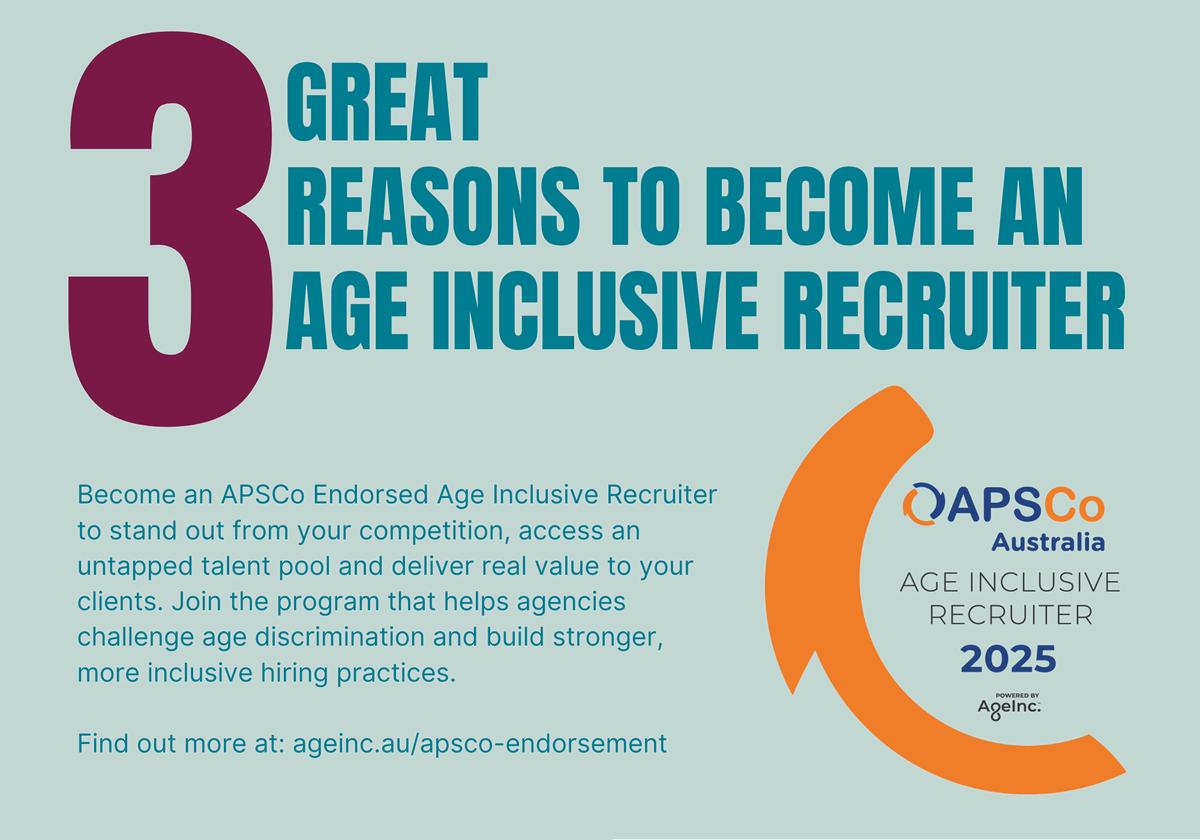

Victorian Premier Jacinta Allan has announced the State Labor government’s intention to legislate a right to work from home for public and private sector employees. The proposed law would provide eligible employees with a right to work from home at least two days a week. Gadens explains.
The Allan Government has announced a consultation process to determine what form the new laws will take, the types and size of businesses they will apply to, the definition of remote work as well as who will be able to perform remote work
Roundtable discussions involving stakeholders, peak bodies and unions are anticipated to be held from September 2025.
While this initiative is likely to poll well with voters, representatives from employer groups, members of government and the legal profession more widely have raised a number of concerns.
In particular, there will be a question whether any legislated right to work will be enforceable given Victoria’s powers to regulate employment matters have largely been referred to the Commonwealth
Premier Allan has said that her government is considering ‘multiple legislative options’, such as relying on anti-discrimination laws in the Equal Opportunity Act 2010 (Vic) as a potential path forward
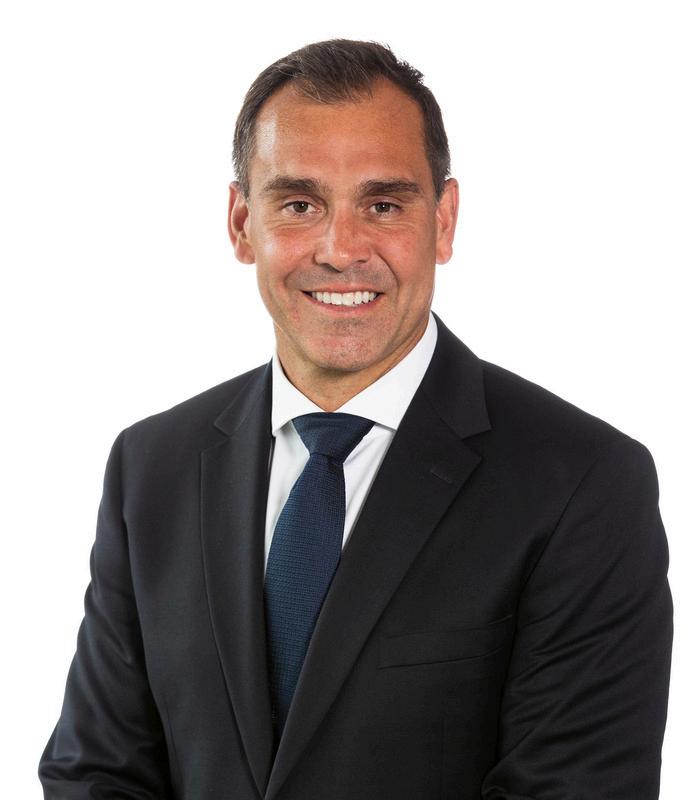
Since the announcement, Greens Leader Larissa Waters invited Prime Minister Albanese to ‘work with the Greens’ to implement similar changes on a national level
Citing the ability to work from home as providing women with the flexibility they need to participate in the labour market and promote economic equality, the Greens proposed an amendment to the Fair Work Act 2009 (Cth) last month which would have imposed a positive requirement on employers to consider reasonable requests to work from home.
The Federal Labor government has rejected the Greens’ proposal in the Senate


Despite this, employers should note that the Fair Work Commission is currently considering the inclusion of a ‘right to work from home’ clause in the Clerks – Private Sector Award 2020.
The Clerks Award covers a range of administrative and clerical roles and was described in Justice Hatcher’s President’s statement on the Fair Work Commission’s 2023-2024 Modern Awards Review – Final Report as ‘the most commonly-used award under which working from home is most likely to occur’
The term that is being developed may be used as a model term for incorporation into other Awards, subject to a decision which is likely to be handed down later this year.
For more detail on the proposed changes, please visit Gadens’ website.


Labour Hire organisations are being audited more frequently, particularly in the NSW and Victorian jurisdictions by governing bodies such as icare and WorkCover.
Audits are focusing on whether remuneration has been declared correctly, and the recent review of the NSW scheme alone showed an estimated $60 million in unpaid premiums was attributable to missing or incorrect wage declarations and 75% non – compliance from those employers audited Safe Scope writes
Penalties for under declaring of Remuneration can be 100% of the difference between the premium calculated based on the Deemed Remuneration and the calculation based on the audit
Who is my worker for Workers Compensation Remuneration purposes?
Your worker is anyone who works for you or completes work for you as an employee (this includes any apprentice, trainee, labourer or trades assistant).
Your worker may also include a Contractor or Subcontractor who completes work for you, where that person is: a sole trader; a member of a partnership; a member, director, shareholder or employee of a company; a trustee, beneficiary or employee of a trust.
If you hire an independent business and they provide a contractor or subcontractor to complete work for you, then they or anybody who works for that business would not be your worker
An easy way of figuring this out is to ask yourself: Do I have the legal right to control not only the result of the work, but also what and how the work will be done? Does the contractor's or subcontractor's business depend on me for its existence?
If you answered no to both questions, then they would not be considered your worker
What is considered Remuneration?
Remuneration includes wages, salaries, superannuation, and other benefits such as cash and non-cash payments you pay your workers before tax.
Certain types of remuneration are included in the calculation of your insurance premium
This is known as your rateable remuneration
The definition of what is considered Remuneration can differ by State.
Safe Scope are experts in Workers Compensation and can assist your business to achieve compliant outcomes. If you need any advice or assistance with wage declarations or any other Workers Compensation matter, please contact Mark Farrugia on 0437 917 315 or mark farrugia@safescope au We are here to help

The Australian and New Zealand talent markets have long attracted international companies, but recent shifts in migration policy have made expansion here more complex.
Australia PEO explains
Reviews of skilled migration programs, updates to occupation lists, and tightening compliance requirements are creating uncertainty for businesses — and for the recruiters who support them
At APEO, we see these developments as a chance to provide clarity and confidence.
Founded in 2018, we are the only Employer of Record (EOR) provider based in Australia and New Zealand that also holds a governmentapproved On-Hire Labour Agreement
This allows us to sponsor visas on behalf of our clients while managing the compliance framework of payroll, HR, and employment law.
For companies entering new markets, timing is critical Roles in technology, engineering, and professional services often need to be filled quickly, yet migration processes can be complex and time-consuming
Our model bridges this gap by combining EOR support with visa sponsorship, ensuring organisations can hire efficiently and recruiters can deliver solutions without delay.
Over the past year, we have worked with clients who needed urgent hires, all while maintaining a 100% visa approval rate This outcome shows that compliance and speed do not need to be in conflict By staying ahead of legislative updates, we make it possible for businesses to move quickly while remaining fully compliant.
For recruiters, this creates an opportunity to reassure clients who are uncertain about visa processes.
With the right partner, questions about sponsorship and compliance can shift from obstacles into solutions
As migration frameworks continue to evolve, our commitment is to remain a responsive and reliable partner.
By aligning recruitment strategies with compliant sponsorship pathways, we help ensure that companies can secure the talent they need and recruiters can keep meeting client expectations in a competitive market.

The global recruitment M&A market continues to provide valuable lessons for Australian firms, with recent transactions underscoring the importance of strategy, resilience, and positioning While headline valuations can sometimes feel out of reach, the right combination of governance, management, and buyer alignment continues to unlock strong outcomes for vendors
In the United States, Kelly Services’ $425 million acquisition of Motion Recruitment Partners provided a textbook example of where large agencies are directing their focus to higher-margin businesses such as RPO and professional services.
This is consistent with the strategies of global giants like Randstad, Manpower, and Adecco, who are shifting away from volume plays toward margin-enhancing acquisitions. For Australian agencies, this highlights the growing importance of specialising in areas where buyers see longterm profitability rather than just scale
Healthcare staffing also remains a focal point, as demonstrated by the multibillion-dollar merger of AIA Healthcare and Cross Country Healthcare.
Backed by private equity, the deal is another signal of investor appetite for cyclically resilient sectors such as healthcare, education, and life sciences industries considered essential and less exposed to economic downturns.
Closer to home, Airswift’s acquisition of Energy Resourcing from Worley illustrates a different trend: corporates divesting recruitment arms deemed “noncore.” For agency owners, this points to future opportunities, as large corporates may continue to sell recruitment subsidiaries to release working capital.

Paul Masters Managing Director, Sovereign Private
Strategic buyers are still paying upwards of 6.0x EBITDA for quality businesses, and in some cases more. The recent FourQuarters deal, a 70% perm business sold at 7.0x EBITDA, is a prime example.
Strong governance, a quality management team, and diverse clients allowed the vendor to achieve a premium outcome
One of the most debated topics across the industry remains valuations While “fair market value” assessments are useful for restructures or employee share plans, the numbers achieved in actual transactions often differ.
Importantly, the old bias toward contracting businesses is softening
While contracting revenues are still viewed as resilient, premium multiples are also being paid for permanent placement firms when there is strategic alignment.
The message for owners is clear: it is less about whether you are perm or contractheavy, and more about whether you can demonstrate sustainable profitability and the right buyer fit
International Interest in Australia
Japan and the UK remain the most active inbound investors. For Japanese firms, Australia represents a safe, wellregulated market close to home, offering meaningful penetration without the scale required for US entry.

UK businesses, meanwhile, see Australia as a familiar legal and cultural environment with growth potential Both markets are expected to remain key sources of buyers in the next 24 months
Looking ahead, recruitment M&A will remain highly strategic. The era of mass consolidation has passed; buyers are now targeting deals that provide margin uplift, sector resilience, and strong strategic alignment.
For Australian recruitment owners, the opportunity lies in ensuring their business is “transaction ready”: robust governance, accurate forecasting, and a clear value proposition are critical to attracting the right buyer
In today’s uncertain environment, one thing is certain: those who prepare and position themselves strategically will continue to capture strong outcomes, even in a choppy market.




I’ve been describing the Australian economy as a toddler learning to walk. The economy had been picking up, but it wa fragile, like a toddler needing the furniture nearby or a parent hand for support. Recent economic activity data suggests the toddler has had a growth spurt and moved on to preschool. Indeed, the gross domestic product (GDP) measure of econom growth points to a recovery that has found firmer footing

The upswing that began in late 2024 has deepened GDP showed the economy grew 0.6% in the June quarter, lifting annual economic growth to 1.8%.
While the annual pace remains on the soft side, it has improved for three consecutive quarters.
Perhaps more significantly, the growth outcome was stronger than the Reserve Bank's forecasts published just last month, which carries implications for the monetary policy outlook
The Reserve Bank is watching consumer spending growth and the labour market closely.
The deeper recovery was driven by household spending, especially in discretionary areas such as recreation and culture and hospitality.
Some of the strength is overstated due to the proximity of Easter and Anzac Day this year, the Rugby Union Lions tour and mid-year sales.
But even allowing for this, other data suggests momentum in spending is picking up
The labour market remains tight as a drum, although there are some tentative signs of loosening For example, annual jobs growth is solid at 264,000, but is down from over 400,000 in January.
Annual employment growth is strong, averaging 2 2% in the past six months, modestly lower than the previous six-month period.
Our liaison with recruitment businesses also suggests employers are becoming more selective with skills matching.
We anticipate a modest tick higher in the unemployment rate over the next 6–9 months, from 4 2% to 4 4%, before it declines again
In contrast, the Reserve Bank has a steady unemployment rate of 4 3% in its profile for the next 2½ years.
Where does this leave the central bank? The Reserve Bank is in an enviable position, facing economic conditions characterised by low unemployment, underlying inflation within the target band of 2–3% and economic activity picking up
However, business investment growth is softening.
Further, uncertainty is heightened in the global economy, where there is little let-up in the pace of announcements around tariffs at the country, sector or company level.
The US Federal Reserve appears ready to resume cutting rates, which will support the US economy and global growth, but elevated uncertainty and unpredictability remain features of the outlook.
We continue to favour two more rate cuts from the Reserve Bank over the next six months with the timing of the next cut being November.
However, we no longer see November as a lay-down misère; it could be a closer call.
Financial markets have lengthened their odds of a November rate cut, but current pricing still suggests it's nearly a certain bet.
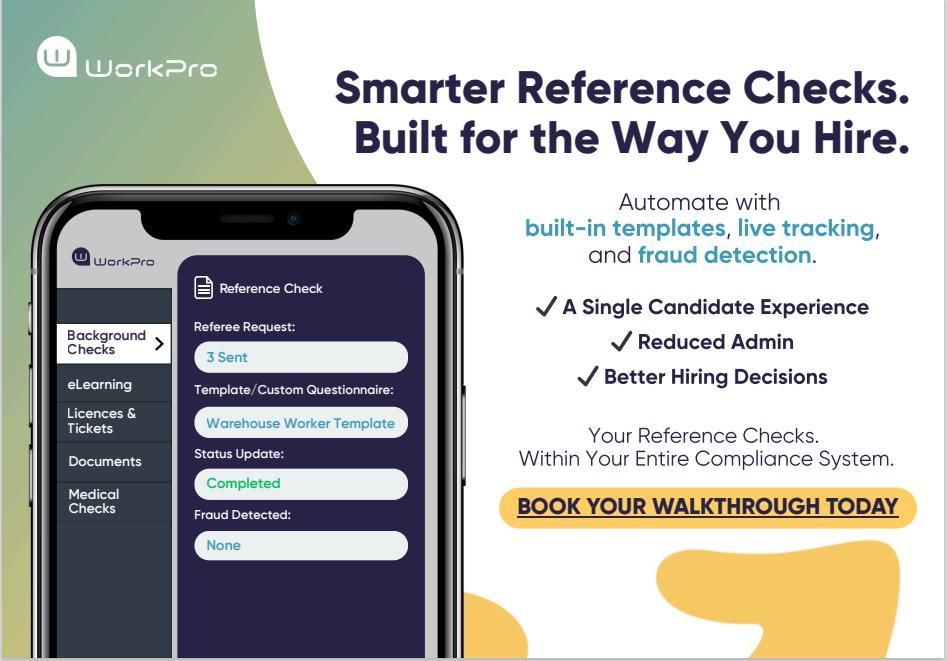

The recruitment industry is at a crossroads Market conditions are volatile, competition is intense, and clients expect more for less. Traditional agency models reliant on growing by adding consultants, following manual processes, and using siloed systems are increasingly fragile. Firms that cling to old ways of working risk being outpaced, outvalued, and ultimately obsolete. Mercury explains.
But there is another path.
Margin pressure, increased competition, and rapidly shifting client expectations are colliding with advances in technology that are rewriting what “good” looks like in both service delivery and business performance.
Firms are expected to deliver faster, cheaper, and with greater accuracy, insight and better results
Candidates expect consumergrade experiences Clients want strategic input, not transactional services
And Private Equity is circling the sector, looking for businesses that can scale with operational efficiency and techpowered growth.
The result? The traditional staffing model is showing signs of strain. Spreadsheets, siloed systems, and manual processes no longer cut it.
Growth is harder to achieve, profits are harder to sustain, and scale is difficult without adding cost and complexity.
This is the tipping point.
The firms that will prosper over the next five years will be those that rethink the foundations of their operating model.
They’ll become tech-enabled or even tech-led, using data, automation, and AI not just to do what they already do more efficiently, but to reach entirely new levels of performance
Tech-enabled and tech-led businesses prove that transformation is a path to scale, profitability, and premium valuation.
These businesses operate leaner, deliver better customer experiences, and generate higher revenue per head.
And when it comes to investment or acquisition, they command significantly higher multiples.
As Sohail Ahmad from Azlan Advisory points out "From a transaction feasibility perspective, a company with a systems and automation, data driven approach increases attractiveness and likelihood of sale as well as facilitating post deal integration with a strategic acquiror"
Our latest white paper introduces a new lens through which to view the future of your recruitment business and changing the way your business works.
From how you generate demand, source, match and manage talent pipelines to how you onboard clients, generate revenue, and scale your teams.
Read the whitepaper including a roadmap for evolving your recruitment operations here.

The Australian job market is shifting rapidly, with contingent workers - contractors, temps, and gig workers - playing a bigger role than ever. For businesses, the appeal is clear: agility, access to specialised skills, and reduced long-term commitments. But with these benefits comes a new level of complexity, particularly around payroll and compliance. Astute Payroll writes.
The line between employee and contractor is no longer dictated by contracts alone. The landmark 2024 NSW Court of Appeal ruling against Uber, which resulted in an $81 million payroll tax liability, underscored the importance of the “whole of relationship” test It showed courts will look past labels and assess the true nature of the working relationship
For agencies, this is a wake-up call Misclassification - or “sham contracting” - can trigger penalties, unpaid entitlements, and reputational damage. A deep understanding of client operations is now critical.
Adding to the complexity are Australia’s new “right to disconnect” laws. Employees can now refuse after-hours work communication unless refusal is unreasonable

While contractors aren’t always covered, blurred lines mean agencies must tread carefully
Clear contracts and expectations around on-call or after-hours work are essential to avoid disputes and safeguard client relationships
The stakes are even higher with wage theft now criminalised. Intentional underpayments can bring not only heavy fines but also criminal charges for directors and payroll managers.
Beyond legal and financial consequences, reputational harm can devastate an agency’s credibility and client trust
Managing a contingent workforce involves a patchwork of employment types, each with unique entitlements.
Disparate systems or manual processes leave too much room for error.
Agencies need integrated platforms that unify timesheets, payroll, superannuation, and reporting to reduce risk and protect margins.
The Path Forward
Agencies must move beyond reactive compliance and adopt proactive strategies
This means reviewing client needs carefully, understanding role structures, and investing in systems that support both compliance and efficiency.
At Astute Payroll, we’ve seen that success lies in combining robust systems with expert teams
In a landscape defined by complexity and risk, nothing can be left to assumption.





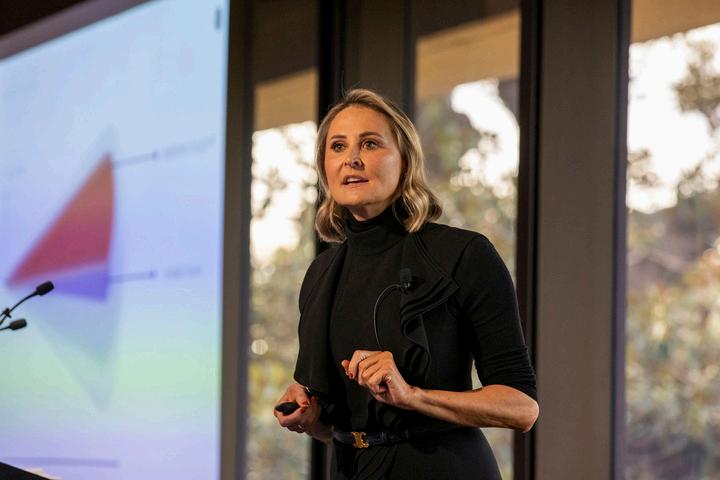
APSCo Australia's highly regarded fullday conference Emerge 2025 returned with a powerhouse of content and speakers that tackled the key themes impacting the professional recruitment market.

S i a n F e n n e r : U n p a c k i n g t h e e c o n o m i c o u t l o o k

Presented by Sian Fenner, Head of Australian Business and Industry from Westpac Sian explored today's market conditions and unpacked the key themes, challenges, and hiring perspectives of today’s economic outlook
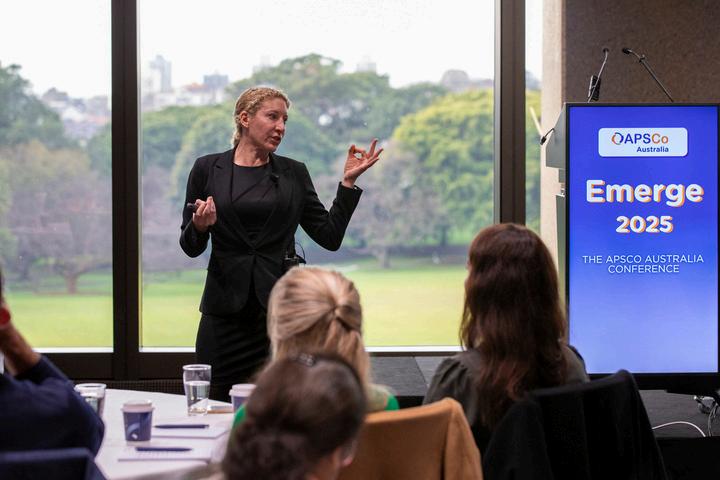











Our From Now to Next panel was facilitated by Khanh Pham and joined by Michael Rogers, Jacky Carter and Tim Moran. They explored the forces reshaping the world of work - from digital disruption and AI to offshoring, automation, and ongoing margin pressure The panelists shared how they envisage the future of work and how they’re showing up to participate in the future.








Tim
From Now to Next Panel
Michael
Jacky Carter, The Santori Partnership
Khanh Pham, Bullhorn





In a thought-provoking keynote, Andrea Clarke Work Futurist & Author reframed adaptability as the most essential skill in an AI-driven world - even more critical than IQ or EQ. Drawing on global research, executive experience, and real-world insights, she shared a practical four-step framework to help individuals and organisations shift from AI anxiety to AI fluency Rather than chasing tools, Andrea encouraged attendees to focus on transforming talent






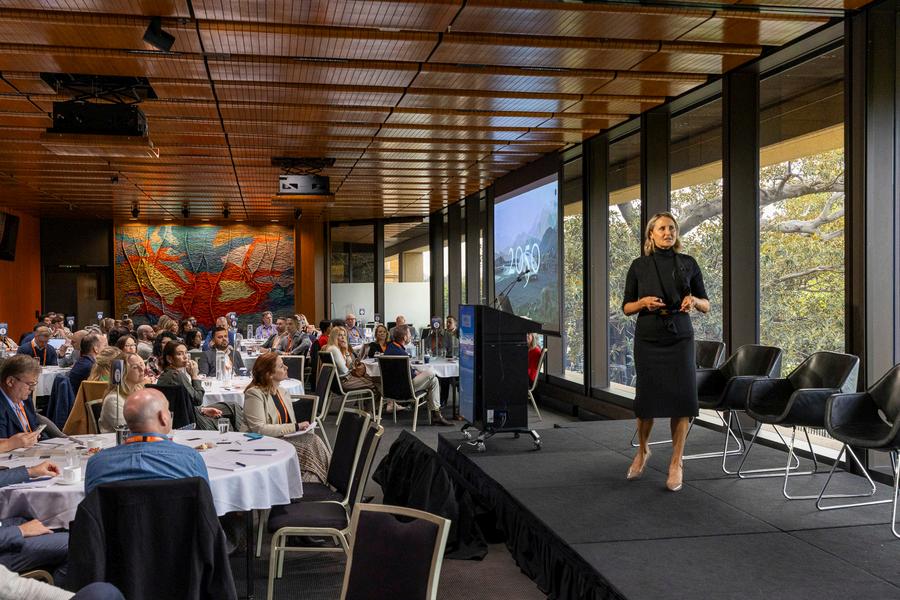






Greg Savage delivered a thought-provoking session on the future of recruitment, exploring the impact of AI, shifting client expectations, and where the market is headed next





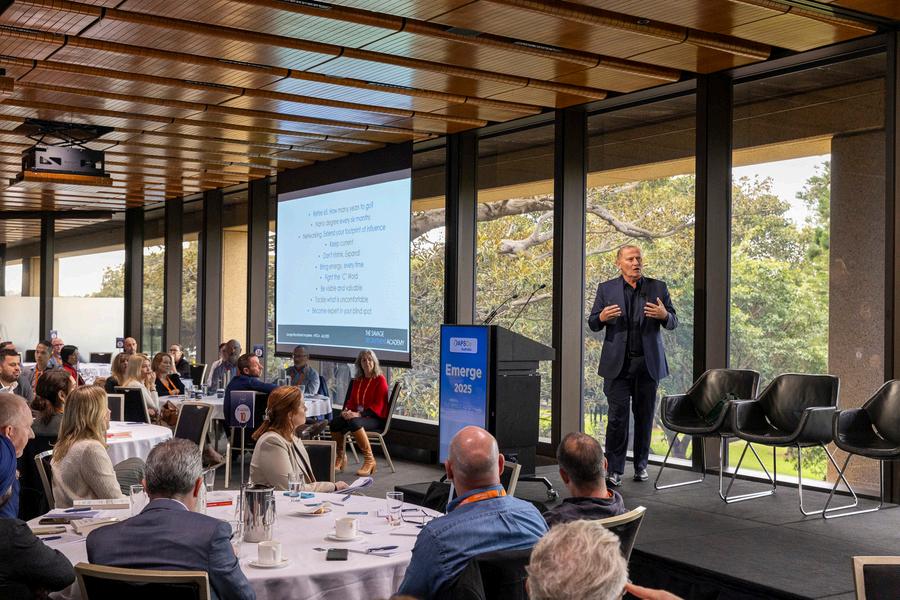







Operating through Change, facilitated by Victoria Kirwin and joined by Luke Howes, Cameron Martin, and Samantha Miklos, explored how to navigate business disruption from an operational lens From managing the P&L and restructuring teams to embracing technology, the panel shared practical tips, real-world experience, and actionable takeaways to help leaders stay focused, agile, and resilient through times of change








Victoria Kirwin, APositive


Samantha Miklos, CMR | Cornerstone Medical Recruitment
Operating through change panel discussion
Cameron Martin, William Buck
Luke Howes, Six Degrees Executive


Unlocking
Bronwyn
Facilitated by Martin Richardson and joined by Louise Rumble, Amy Towers, Nicola Martin, and Bronwyn Murphy, this panel explored the evolving role of compliance in today’s staffing landscape With increasing regulatory pressures, the discussion focused on how firms can move beyond box-ticking to use compliance as a commercial advantage sharing insights on embedding rigour into people and processes to reduce risk while driving business value

Martin













Deal Makers went live at Emerge! Lesley Horsburgh and Paul Masters were joined by special guest Ged Mason, broadcast live from the UK, for a candid conversation in front of a live audience This special edition brought recruitment’s boldest discussions to life, diving into leadership, M&A strategy, and the future of the industry with sharp insights from some of its most experienced voices.








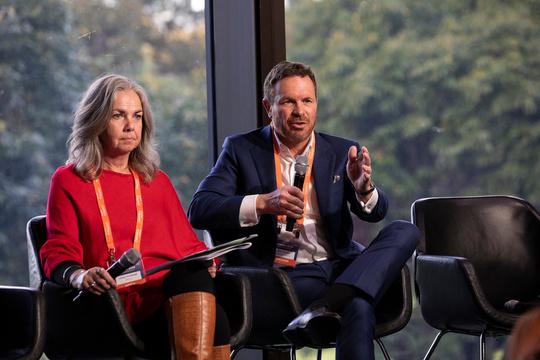



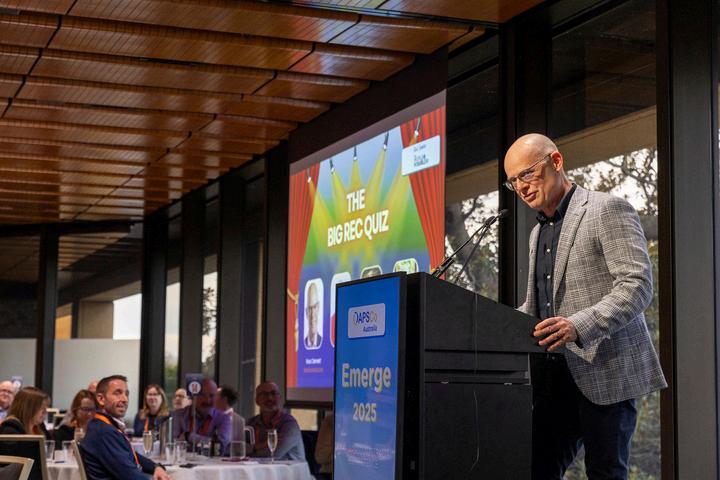








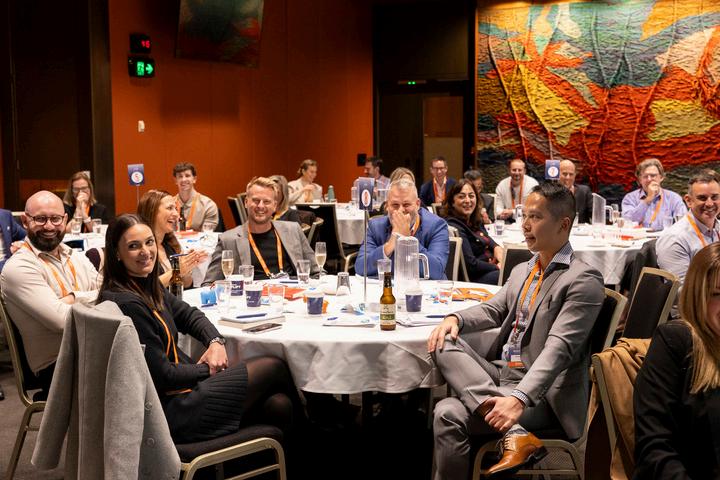



F a c e s o f E m e r g e 2 0 2 5

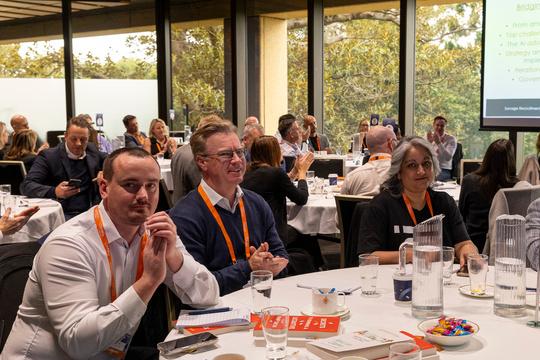








F a c e s o f E m e r g e 2 0 2 5






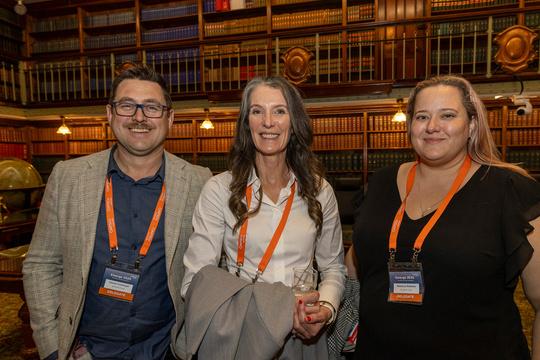




Thank you to our Sponsors



Sponsor


Sponsor

Sponsor


Sponsor Sppnsor

Watch the Emerge 2025 highlight reel below
Highlight reel

“APSCo'srigorousstandards,invaluableresources,andadvocacyefforts haveconsistentlyreinforcedourreputationandhelpedusnavigate complexindustrylandscapes.“
-ChandlerMcCleod


“...APSCoprovidesuswithinvaluableresources,industrysupportvialobbyingonkeyissues directlyeffectingourprofessionalstaffingsector,networkingopportunities,enablingusto focusanddeliverexceptionalrecruitmentservices.TheAPSCoCertifiedProfessional programsetsabenchmarkofquality,standardsandprofessionalismforrecruiters engagingwithcandidatesandclientsandoffersamarketingpointofexcellence”
“...Theirexpertguidance,comprehensiveeducationalresources,andcommitmentto industrybestpracticeshaveempoweredustostayaheadofemergingtrendsinthe recruitmentsector.APSCo'ssupportisacornerstoneofourdedicationtodelivering excellence,enhancingourabilitytoprovideexceptionalservicetoourclientsand candidates.”
-Troocoo
-Whizdom































